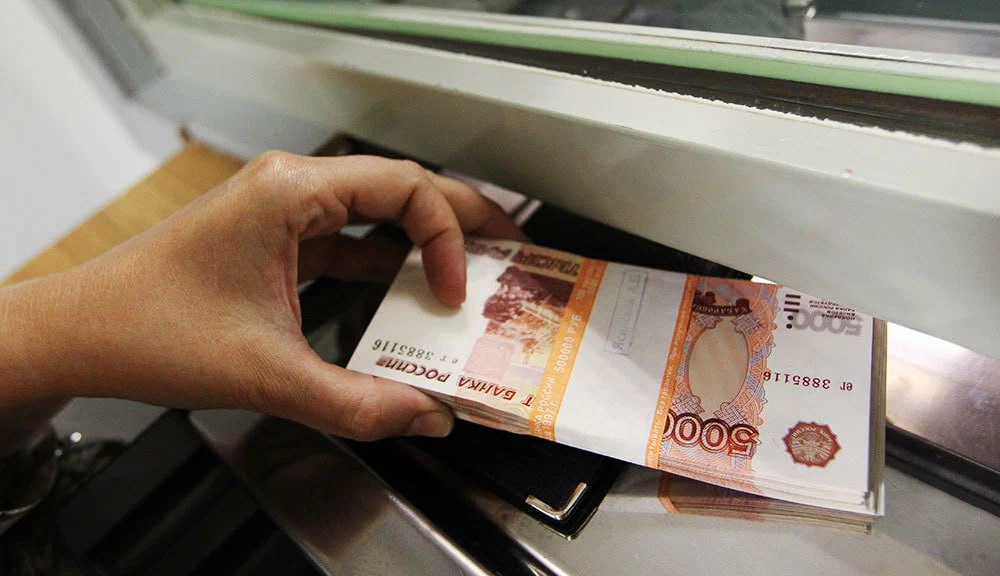Tajikistan’s economy continues showing signs of growth slowdown while inflation picked up in February, says Macroeconomic Review: April 2023 released by the Eurasian Development Bank (EDB) on April 10.
The Review, in particular, notes that the country’s economic growth continued to slow down gradually in February, but “but remains high”.
EDB analysts predict Tajikistan’s gross domestic product (GDP) growth to decelerate from 8.0 percent in 2022 to 6.5 percent this year.
Economic growth refers to an increase in the size of a country's economy over a period of time. The size of an economy is typically measured by the total production of goods and services in the economy, which is called gross domestic product (GDP).
The slowdown is reportedly expected due to the completion of the post-pandemic economic recovery and decrease in remittance inflows to the country compared to 2022.
According to them, decrease in remittance inflows may lead to decline in imports “that affects domestic demand in the economy.”
The Review says inflation accelerated from 4.3 percent in January (annual inflation for Tajikistan for the 12 months ended January) to 4.5 percent in February (annual inflation for Tajikistan for the 12 months ended February).
According to the EDB’s current forecast, In 2022, year-end inflation in Tajikistan this year will stand at 6.0 percent.
The Review notes that high global inflation will directly affect the development of EDB economies. First and foremost, this would worsen the policy environment to contain consumer price increases, given the high share of imported inflation in most countries in the region. The Macroeconomic Review, therefore, underlines the assumption that inflation will accelerate in some countries in the region by the end of this year.
At the same time, EDB analysts note that the realization of global recession risks will reduce the world’s demand for the region’s exports. This will constrain growth in the region’s economies, especially those that are commodity exporters.
The Eurasian Development Bank is an international financial institution investing in Eurasia. For more than fifteen years, the Bank has worked to strengthen and expand economic ties and foster comprehensive development in its member countries – Armenia, Belarus, Kazakhstan, Kyrgyzstan, Russia, and Tajikistan. The EDB's charter capital totals US$7 billion. Its portfolio mainly consists of projects with an integration effect in transport infrastructure, digital systems, green energy, agriculture, manufacturing, and mechanical engineering. The Bank’s operations are guided by the UN Sustainable Development Goals and ESG principles. The Eurasian Development Bank has observer status in the UN General Assembly.




